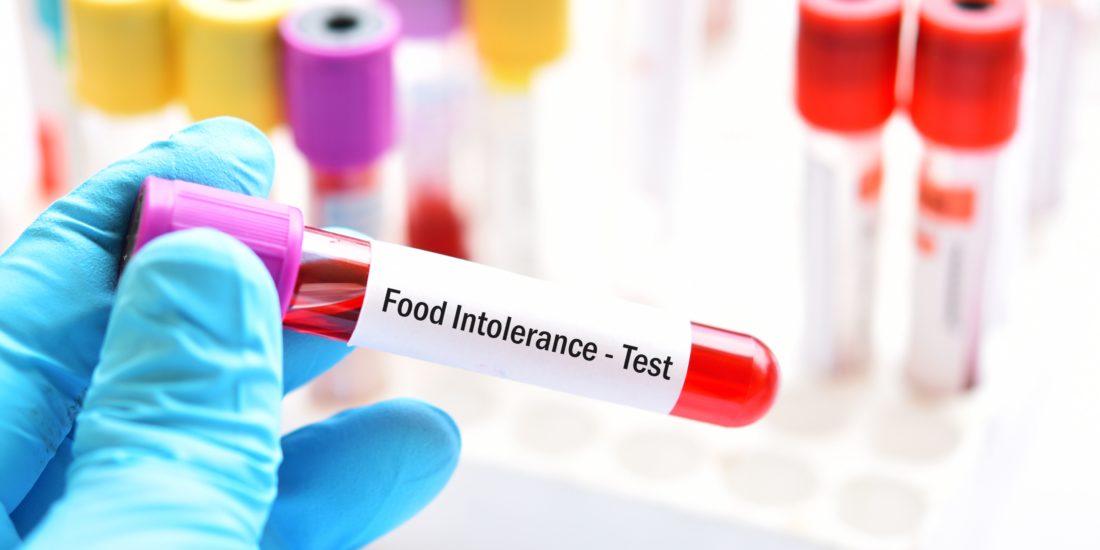
Fact: There are currently no validated tests available to diagnose food intolerances (with the exception of lactose intolerance). This is also why you cannot get Medicare rebates on most food intolerance tests.
Firstly, it is important to understand that there is a difference between a food allergy and a food intolerance. The symptoms of food allergy are typically more severe than an intolerance and include difficulty breathing, increased heart rate, skin rashes and hives and digestive issues. Currently, we do have tests available to diagnose food allergies. This includes IgE food allergy tests.
So, even though scientists have not been able to develop a suitable test to diagnose food intolerances, why are there a number of invalid tests being used in the public? These tests are not backed by scientific evidence and lack clinical relevance.
Many of these tests attach themselves to scientific concepts alongside excellent marketing strategies so that they sound convincing to those who do not have a scientific background. Common culprits are IgG tests, hair analysis, eye analysis (iridology) and muscle analysis (kinesiology) and in some instances breath testing. Even Fructose breath testing in isolation is not a good indicator of fructose tolerance.
One of the most common ones that we see is IgG testing. Despite studies showing how ineffective this technique is, they continue to be used by some. This test involves exposing a sample of your blood to a wide range of different foods and the resulting antibody (IgG) is measured. The level of antibodies present claims to be a marker of “intolerance”.
The thing is, IgG antibodies are produced in response to exposure to external triggers, like pollens, foods or insect venoms. The presence of IgG antibodies reflects exposure to these triggers and the higher levels of antibodies shown on these tests are an indicator of repeated exposure, not clinical symptoms, and are not due to true food intolerances or allergies. Most people will develop IgG antibodies to food during their lifetime, however this does not mean they have an intolerance, and most will not get symptoms related to the consumption of these foods. There is no credible evidence that measuring IgG antibodies is useful for diagnosing food allergy or intolerance, nor that IgG antibodies cause symptoms. The only exception is that gliadin IgG antibodies can be used to monitor the success of avoiding gluten in people with proven coeliac disease.
What does this mean?
The goal for food intolerance management is to reduce or prevent uncomfortable symptoms. Therefore, avoiding foods that do not produce symptoms, such as those that can be found on an IgG test, can result in an unnecessarily restrictive diet.
How do we diagnose food intolerances?
Dietitians follow a systematic process which often involves keeping a food diary followed by an elimination diet and then a reintroduction or challenge phase. A dietitian can guide you through this process.
Still not convinced? Check out the ASCIA (Australian Society of Clinical Immunology and Allergy) information. https://www.allergy.org.au/patients/allergy-testing/unorthodox-testing-and-treatment
